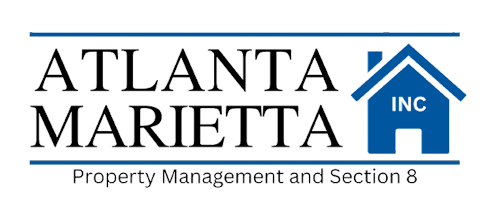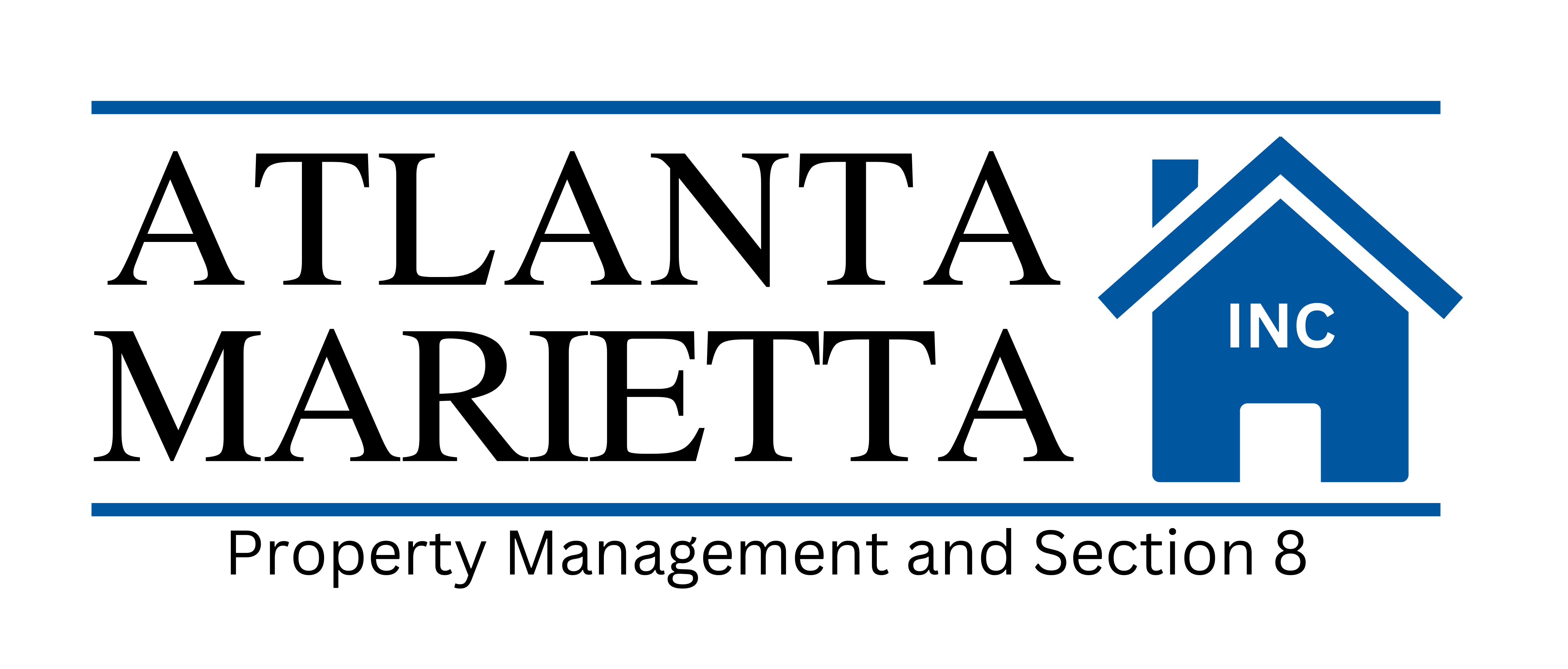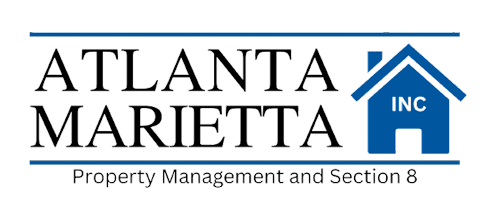
Over the next couple of years, rental real estate investors should brace for potential financial losses on their investment properties, or at the very least, be prepared to make less. While rental income has traditionally provided a stable return, market forces are shifting, making profitability more challenging. The economic environment is fluctuating, with inflation, rising interest rates, and potential property devaluations converging to create a less favorable landscape for landlords. Owners who are not proactive in adapting to these changes may find their margins shrinking or even slipping into the red.
One of the primary reasons for this potential downturn is rising interest rates. As central banks attempt to curb inflation, interest rates are likely to continue increasing. For landlords with variable-rate mortgages or those who need to refinance, higher borrowing costs can quickly erode profitability. This, coupled with the significant increase in property taxes as local governments try to offset budget shortfalls, means that the cost of holding real estate is set to rise.
Another factor is the cooling of the real estate market in many regions. After years of rapid appreciation, property values are expected to stabilize or even decrease in some areas. This decline in asset value can affect owners' equity positions and limit their ability to leverage properties for additional financing. Furthermore, in this slower market, rental demand is decreasing, particularly in areas where affordability is an issue. This is leading to longer vacancies plus the need to lower rents to attract tenants, both of which can negatively impact cash flow.
Moreover, inflation is affecting the costs of maintaining rental properties. Everything from routine maintenance to major repairs is becoming more expensive as labor and material costs rise. The cost of insurance has been on the rise and property taxes have outpaced the market. HOA dues have climbed because their costs are increasing, and they are passing the costs on to the Owner. Landlords who fail to maintain a reserve for these increased expenses will find themselves spending more than anticipated, further squeezing profit margins and may be on the path to financial . With rental prices on the decline, this only adds to the high costs of operation.
In the Atlanta area, we are seeing a decrease in rental prices due to the economy. As inflation continues to squeeze household budgets, tenants are less able to afford higher rents, forcing landlords to lower prices to keep their units occupied. Additionally, as the real estate market cools, more property owners are choosing to rent their homes instead of selling, and many Air BnB owners are putting their homes on the long-term market resulting in increasing rental inventory and more competition. This rise in supply, coupled with potentially weakened demand, is driving Atlanta rental prices down as landlords compete to attract tenants. Economic uncertainty and potential job losses further reduce renters' ability to pay, contributing to this downward pressure on rents.
Not to be political, but who gets into office really does matter. Over the last few years, tons of anti-landlord legislation has been passed that impacts the owner’s ability to make money off their own rentals! During this election cycle, there are over 225 rent control bills, 64 fee regulation bills, 40 source of income bills, 120 resident screening restrictions, and 150 other landlord-tenant regulations that have been passed or are currently being considered in congress.
As rental real estate investors navigate these turbulent times, it's essential to stay informed and adaptable. The challenges of rising interest rates, higher operating costs, and declining rents are real, but they don't have to spell disaster for your investments. By proactively managing your properties, staying aware of market trends, and considering long-term strategies, you can weather this period of uncertainty. It’s also crucial to keep a close eye on the evolving political landscape, as regulations and legislation can significantly impact your profitability. Success in this environment requires foresight, flexibility, and a commitment to adjusting your approach as conditions change.












